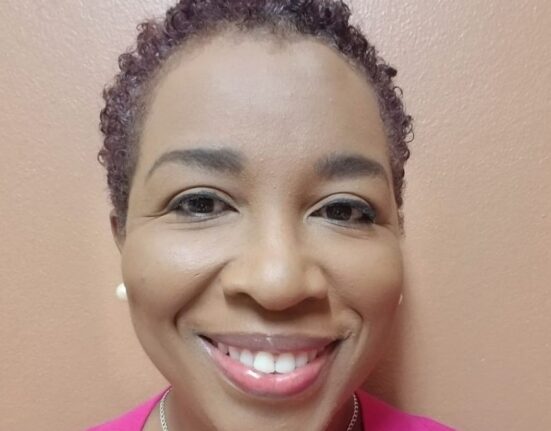
Public school leaders are being reminded that blocking students from entering the school compound because of non-compliance with rules, should not be the first disciplinary action.
This is in keeping with efforts by the Ministry of Education and Youth to reduce discriminatory practices in schools while addressing the need for discipline among students.
Portfolio Minister, Fayval Williams, spoke on the matter during the first consultation on the ministry’s draft Dress and Grooming Policy for public educational institutions, with school leaders and Deans of Discipline at Jamaica College in Kingston recently.
“We are saying that going first to locking out a child is never acceptable at our schools. Never. There have to be other ways of dealing with it, other than using the draconian way of locking them out of school because that has all kinds of issues associated with it,” she said.
“We have to get more creative than that when there is a violation of the rule,” she emphasised.
Williams noted that while the ministry understands that schools operate in varying contexts, barring students from entering contravenes article 28 of the United Nations Convention of the Rights of the Child, as well as the 2004 Child Care and Protection Act.
“We are also aware that there are cultural dynamics and differences of opinion as to what may be considered appropriate and relevant to the child’s education,” she said.
Against this backdrop, she further disclosed that the proposed policy will establish a comprehensive framework for dress and grooming for public schools while taking into consideration cultural identity, climate situations, socio-economic conditions of parents and the aims of educational institutions.
She is therefore urging school leaders and board members to have their own “documented student dress and grooming [rules],” in keeping with the mandate of the ministry, to prevent further conflicts on the matter.
Discussions on the draft policy is to inform, educate, and garner feedback from key stakeholders and to increase their participation in its development.
This is the first in a series of consultations that will also involve students and parents.





